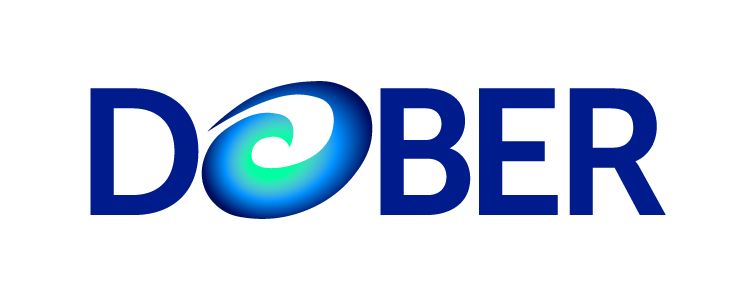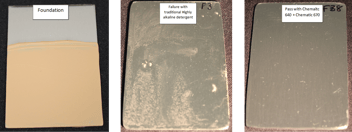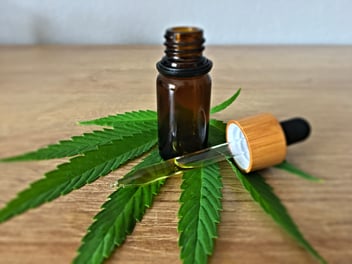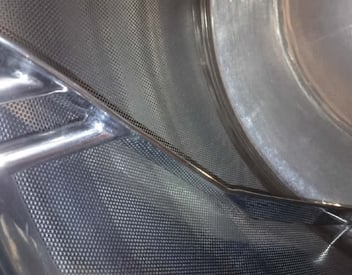What is a Formulated Detergent?
The term “formulated detergent” refers to a cleaning product consisting of several ingredients, which was systematically developed and tested (for targeted soils) into a detergent that promotes the removal of material (soils) from a surface, disperses, and stabilizes the soil in a bulk matrix (e.g., washing solution) which is then rinsed away (detergent is free rinsing). 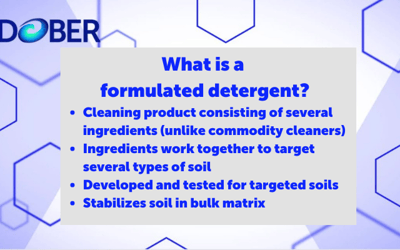
Detergent Nomenclature Across Industries
The term detergent is used in many different contexts, such as laundry detergent, dishwashing detergent, and household cleaner, to name a few.
Sometimes surfactants may be referred to as a detergent. In industry (e.g., pharmaceutical, nutraceutical, or biotech), a detergent may also be known as a cleaner, cleaning agent, pharmaceutical cleaner, or pharmaceutical detergent.
Historically, detergents, non-soap products, were developed and used during World War I, around 1916, in Germany, and again in World War II.
Soap dates back to about 2800 BC. Evidence has been found that ancient Babylonians understood soap making.
Modern Detergents
Modern detergents are complex. They can consist of several ingredients selected to deliver a specific function and performance for the detergent so that the cleaning challenge can be successfully cleaned.
Some of the common detergent ingredient categories that a detergent comprises are listed below.
- Surfactants (classified according to their hydrophilic component)
- Anionic (negative charge)
- Cationic (positive charge)
- Nonionic (neutral)
- Amphoteric (both negative and positive charges)
- Builders
- Soften water (eliminate calcium and magnesium)
- Support detergency
- Hydrotropes (solvent mediator).
- Hydrotropes are ingredients that keep the hydrophobic surfactants and builders in solution that would otherwise fall out of solution without the hydrotrope.
- Chelant (Metal ion control)
- Sequestrant
- Dispersant
- Anti-redeposition agent
- pH modifier
- Solvent (usually water or water-soluble solvent)
Commodity Cleaners vs. Formulated Detergents
Cleaning agents prepared from a single chemical, targeting a specific type of soil, are generally referred to as commodity cleaners (e.g., sodium hydroxide).
A cleaning agent that is a blend of various chemical ingredients designed to work together to remove various types of soils is referred to as a formulated detergent.
As you can see, one thing that differentiates a commodity cleaner from a formulated detergent is the number of ingredients and how they are prepared.
As soils become more complex, they will require a proper formulated detergent to yield a successful cleaning process that requires minimal time and effort, which in turn leads to more product throughput.
Interested in hearing more from the Chematic team or learning about our detergents? Reach out to us and we'd be happy to chat.
